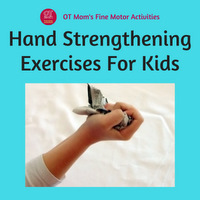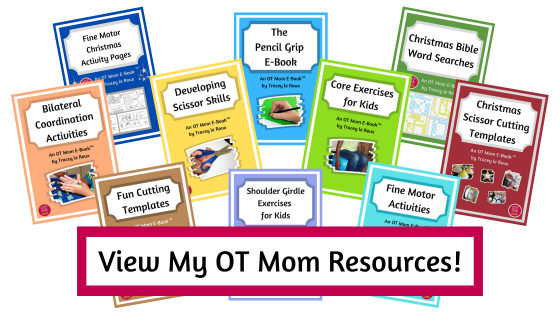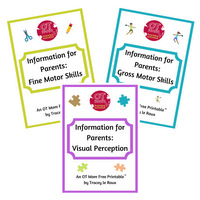- Home Page
- Fine Motor Activities
- Why Is Wrist Extension Important for Kids?
Why Wrist Extension Is Important For Handwriting
Did you know that wrist extension plays a role in good handwriting? The position of the wrist determines how well your child will be able to control a pencil.
Try it yourself and see!
I sometimes link to products (#Ad) that are similar to those I use and love. If you do purchase something through my links, I will receive a small commission that helps support my site - thank you!
Wrist Position Affects Finger Mobility
Hold a pencil in this position with your wrist bent forwards (flexed) and try moving your fingers. They probably feel stiff with not much movement happening.

Now hold a pencil in this position with your wrist extended (hand comes up) – now try moving your fingers. You should be able to get more movement of the pencil with greater control over your fingers.

The muscles which cause the fingers to bend (flex) and straighten (extend) are actually situated in the forearm. The tendons of these muscles run over the wrist bones to attach to the bones in the fingers.
When you hold your wrist in a slightly extended position, the muscles operating the fingers can pull the tendons (and therefore the finger bones) more easily, which results in better control of the fingers for handwriting.
How A Hooked Wrist Affects Writing
Many children hook their wrists, or have flat wrists when they write, as you can see from the picture alongside.
Some may do this because their fine motor skills are poor or because they have a degree of low muscle tone.
Poor shoulder girdle stability may also cause a child to lean his or her whole arms on the table, thereby needing to hook the wrist to get the pencil into the correct position.
 Drawing with a hooked wrist
Drawing with a hooked wristHooking the wrist will affect the control the child has over the pencil, so ideally we want the wrist to be held in a slightly extended position to help the fingers move more easily.
Working on wrist extension is also particularly important for left handed children, who tend to hook their wrists in order to see their written work.
Lifting Up The Wrist
We also want the wrist to be stable, in other words to be held in position without constantly lifting up from the table and hooking.
Many children with a degree of low muscle tone, or with poor fine motor skills, may lack good wrist stability.
They often lift their wrist up from the table while writing, and may also write with movement from their wrists instead of their fingers.
This is very tiring, and usually leads to messy work.
 Lifting up the wrist while working
Lifting up the wrist while workingHelp Your Child With Wrist Extension
There are some simple wrist stretching exercises and ways of adapting regular activities to help your child achieve a more functional wrist position.
Check out my page of wrist extension exercises for kids for lots of photographed ideas and tips!
Improve Your Child's Fine Motor Skills Today!
For parents seeking practical activities to improve fine motor skills with everyday resources, check out my comprehensive e-book.
It offers step-by-step instructions and dozens of hands-on activities designed to support your child's development.
Discover a treasure trove of ideas to help your child develop fine motor skills through play!
Thank you for visiting! I hope you were helped!
Why not sign up for my free, occasional newsletter, to keep in touch with new and updated pages on my site?
- Home Page
- Fine Motor Activities
- Why Is Wrist Extension Important for Kids?
Share this page to help others!
Related Pages
Didn't find what you were looking for? Try a search of my site!













